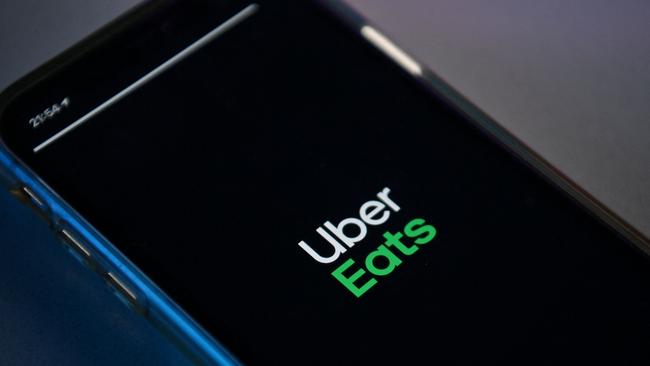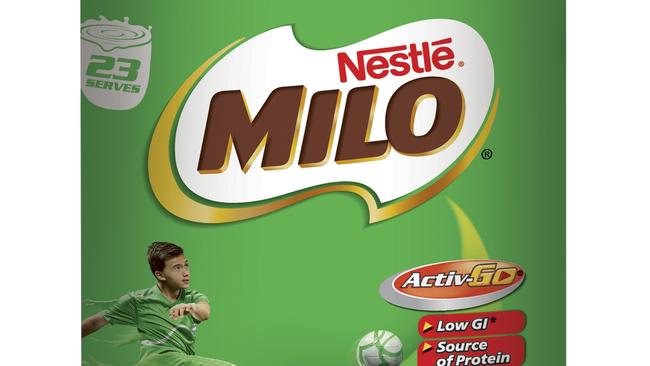Hungry Royal Hobart Hospital patients are using Uber Eats after state government cutbacks
Hungry patients at the Royal Hobart Hospital are resorting to ordering food deliveries via Uber Eats after state government cutbacks stripped ward pantries bare.

Tasmania
Don't miss out on the headlines from Tasmania. Followed categories will be added to My News.
Hungry patients at the Royal Hobart Hospital are resorting to ordering food deliveries via Uber Eats after government cutbacks stripped ward pantries bare.
Hospital staff who have spoken to the Mercury say fasting patients whose surgeries are postponed were often missing out on mealtimes and being left without even basic snacks.
Australian Nursing and Midwifery Federation Tasmanian Branch acting secretary Phoebe Mansell said nurses and midwives were reporting critical items like bread, milk, juice, yoghurt, and sandwiches are frequently unavailable, leaving patients without appropriate nutrition.

Health spending has blown out by $345m this financial year and the state government is cutting back spending to address a massive increase in the budget deficit.
Parliament heard earlier this year that items such as Milo, white bread, butter, margarine, bottled water, fruit and icy poles and paper cups required sign-off by the hospital’s CEO.
After Mercury inquiries, the state government said it could find no evidence to support a RHH staff member’s report that a dying patient was denied a drink of cordial on budgetary grounds — and insisted there was adequate food for patients.

The union has raised the issue with the Department of Health.
“Staff have reported patients subsisting on jelly and custard or even ordering UberEats when meals are missed due to fasting or delayed procedures,” Ms Mansell said.
She said basic food items such as bottled water, sandwiches, orange juice, icy pole and custard were vital to patient care, but were frequently unavailable.
Ms Mansell said the Department had responded that has been no reduction in the standard inpatient meal service and that supplementary food processes remain unchanged.
“Our members know the difference between bureaucratic reassurances and the lived experience of caring for patients without the tools they need,” she said.
“[The department] have suggested that recent changes were based on clinical recommendations, including dietetic reviews and standardised ordering practices to reduce what they have described as clerical over-ordering and internal misuse of ward stock.
“However, this explanation does not align with what frontline nurses and midwives are experiencing day to day.”
She said members were reporting they could not access basic nutritional items such as sandwiches, juice, and yoghurt, and shortages were particularly acute out of hours.

“And patients missing meals due to fasting or delayed procedures were being left with only jelly or custard, food bought by nurses out of their own pockets or from food delivery services.”
Ms Mansell said the reports the union was hearing were not isolated misunderstandings.
“Nurses and midwives are being placed in impossible positions, trying to deliver fundamental care without access to the necessary supplies.
“Regardless of whether ordering protocols have changed formally, the reality is that the current system is failing patients and staff.”
Ms Mansell said there are areas of the hospital where drinking water was not available from taps.
“In these spaces there should be a readily available routine access to bottled water for patients, their visitors and nurses and midwives and all other health professionals.
A government spokeswoman said patients were being provided with adequate food.
“All Tasmanian public hospitals provide healthy, nutritious meals and refreshments for patients and their carers to help support the patients healing journey.
“The RHH continues to provide six scheduled meals per day to all patients. There has been no reduction in the standard inpatient meal service.
“Each individual ward is also able to order consumables with no requirement or expectation to seek approval from management.
“There has been no adverse patient event attributed to a lack of cordial or other supplementary food shortages on a ward.”
More Coverage
Originally published as Hungry Royal Hobart Hospital patients are using Uber Eats after state government cutbacks





